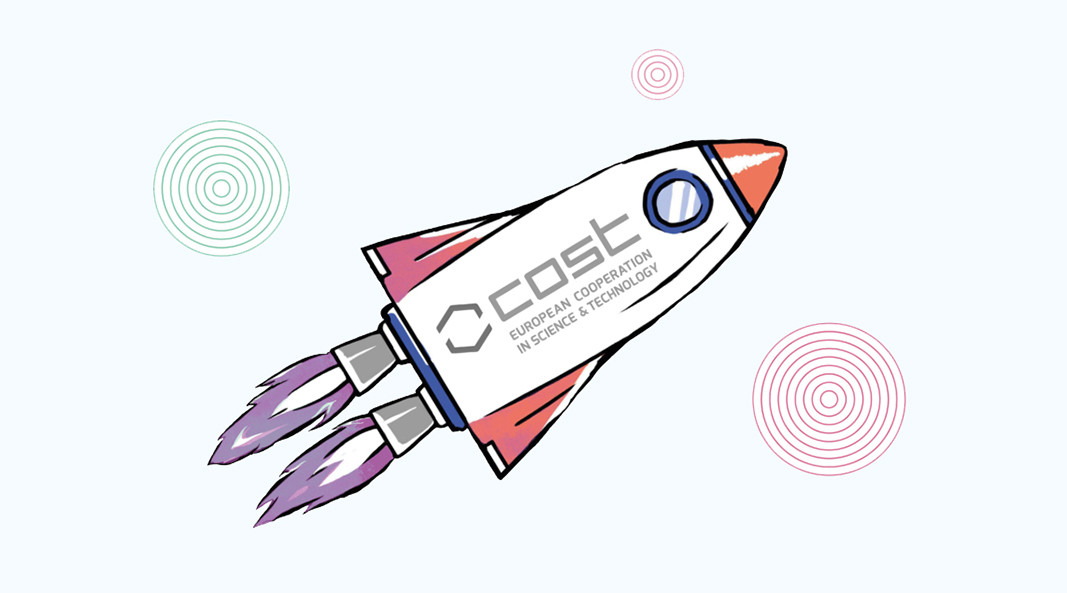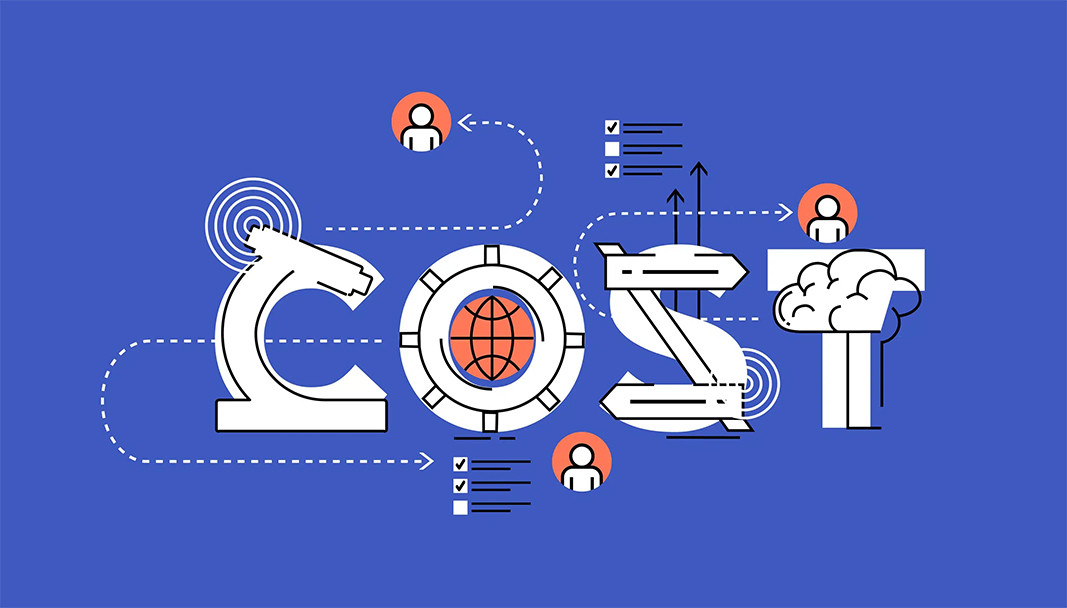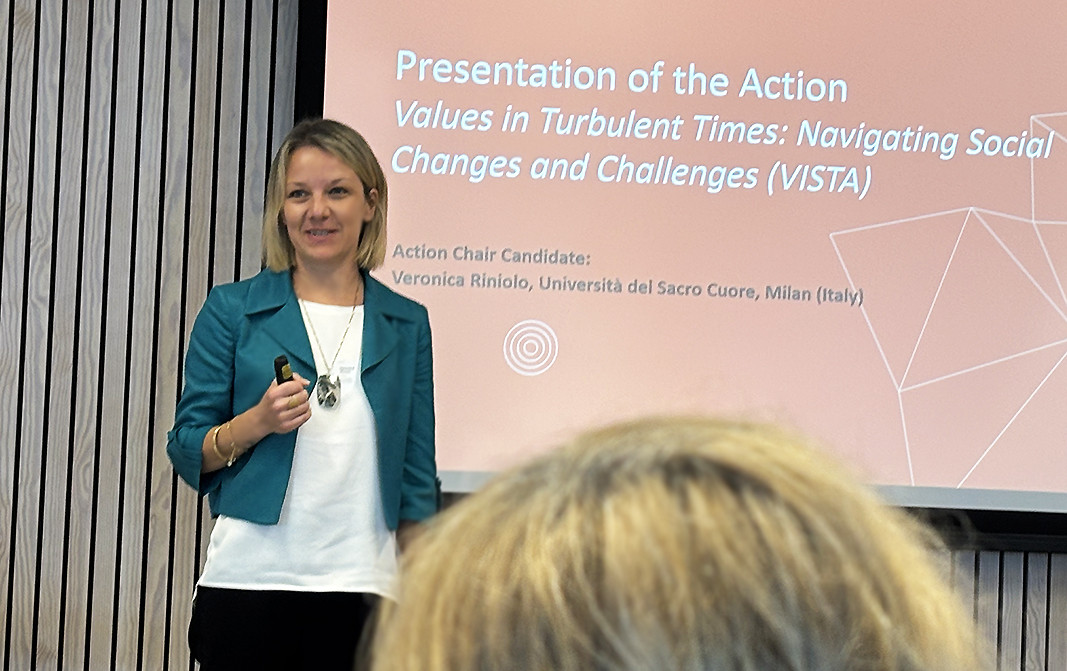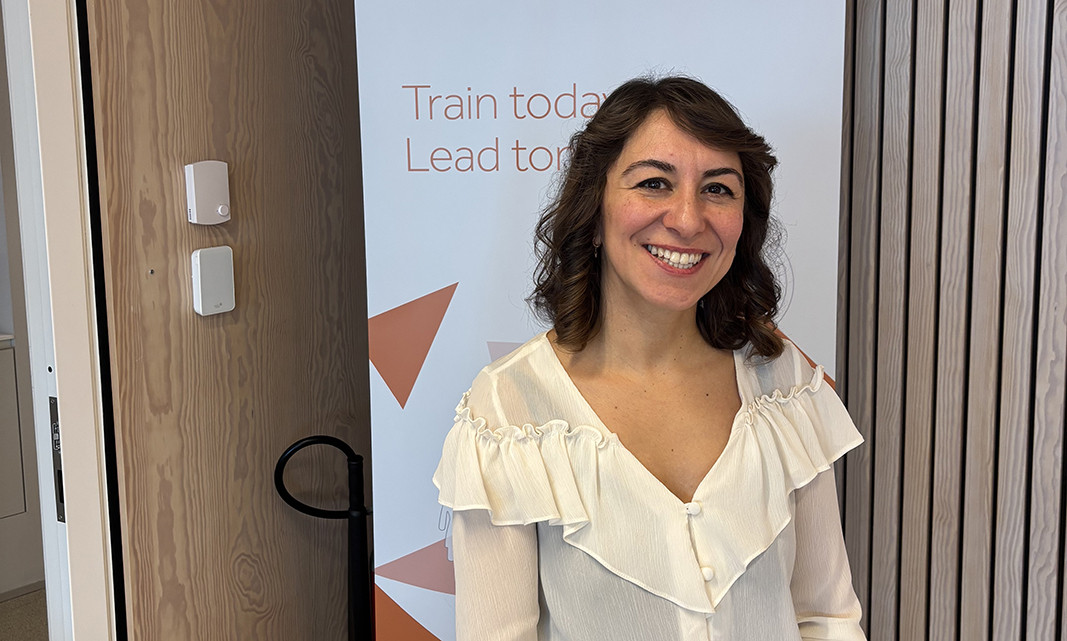On 27 October, the first meeting of Action CA-24150 “Values in Turbulent Times: Navigating Social Change and Challenges (VISTA)” took place in Brussels. The initiative is part of the European Cooperation in Science and Technology (COST) programme – one of Europe’s longest-running and most successful frameworks for scientific collaboration.

The COST programme was established in 1971 and is funded by the European Commission through various framework instruments. It provides resources for coordination, networking, and knowledge exchange among researchers and innovators from Europe and neighbouring regions. Currently, COST unites 41 member countries, including Bulgaria, as well as one cooperating country – Israel – and one partner country – South Africa.
The main objectives of the programme are to promote scientific excellence, encourage interdisciplinary research, and support young scientists. Particular attention is paid to geographical, age and gender balance, as well as to bridging the gap between countries with more intensive and less developed research activities.

Within the framework of the VISTA Action, researchers will study how social, cultural, political and economic values evolve under the pressure of global and societal disruptions. The project will be implemented from 2025 to 2029 under the auspices of COST. The network will bring together scientists from various disciplines – sociology, philosophy, political science, economics, and communications – to analyse how societies respond to crises, how systems of values are transformed, and how policies and education can adapt to these changes.
The Action is led by Veronica Riniolo, Associate Professor from the Catholic University of Milan. She emphasized that VISTA will include five working groups dedicated to: epistemological and analytical issues related to value orientations; methodological challenges in measuring values; trends and support for core EU values; contextual and individual factors that drive value change; dissemination and public communication activities.

“The idea behind VISTA is to bring together scholars who think beyond disciplinary boundaries,” Riniolo told Radio Bulgaria:
“We live in times of rapid social transformation – from technological changes to geopolitical upheavals. We want to understand how these developments affect the fundamental values that bind European societies together”, said Associate Professor Veronica Riniolo.
The project is expected to conclude with policy recommendations, educational modules, and comparative analyses of value transformations across Europe.
Bulgaria is a full member of COST and actively participates in various Actions of the programme through universities and research institutes. The country has representatives on the management committees of several ongoing projects, as well as experts in the financial and administrative structures of the organisation.
According to Asif Dogan Arslan, scientific expert at COST, interest in the programme in Bulgaria is growing, although “the country still has potential for more active participation and better national coordination”:

“COST is the most open European programme in the field of scientific cooperation. Any researcher can join and contribute their knowledge,” Arslan added. “Our mission is to create networks – living communities of scientists who cooperate in the long term”, Asif Dogan Arslan went on to say.
She also noted that Bulgaria has strong potential in the social sciences and humanities, and that initiatives like VISTA are an excellent opportunity to bring Bulgarian scientific expertise to the European level.
“I believe that young researchers from Bulgaria can make the most of this programme – not only to exchange knowledge but also to build new professional and personal connections,” she told Radio Bulgaria.

What distinguishes COST from other programmes?
While many European initiatives fund specific research projects, COST invests in people and their collaboration. The funds are used for conferences, meetings, training sessions, exchange visits, short-term scientific missions, and communication activities. In this way, sustainable networks are created, which often evolve into new projects under Horizon Europe.
For the Bulgarian research community, participation in COST means open doors to the European scientific scene, access to international partners, and the opportunity to present Bulgaria’s contribution to pan-European discussions on the future of values and social development.
Edited and translated by Lyubomir KolarovThe Bulgarian minority in Romania marked a significant event with the official opening of the Bulgarian Inn in the village of Izvoarele (Hanul Bilgarilor), Teleorman County (Southern Romania)- a locality with Bulgarian roots dating back over 200 years...
The 14th edition of DiVino.Taste, Bulgaria’s leading forum for wines and winemakers, will take place from 28 to 30 November at the Inter Expo Centre in Sofia. Over 80 producers from all wine regions will participate, offering tastings of around 600 of the..
Minutes before the second and final reading, at the parliamentary budget and finance committee, of the state budget for 2026, the leader of the biggest party represented in parliament GERB Boyko Borissov halted the procedure and sent the draft bill..

+359 2 9336 661
